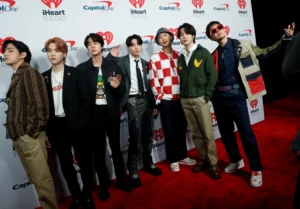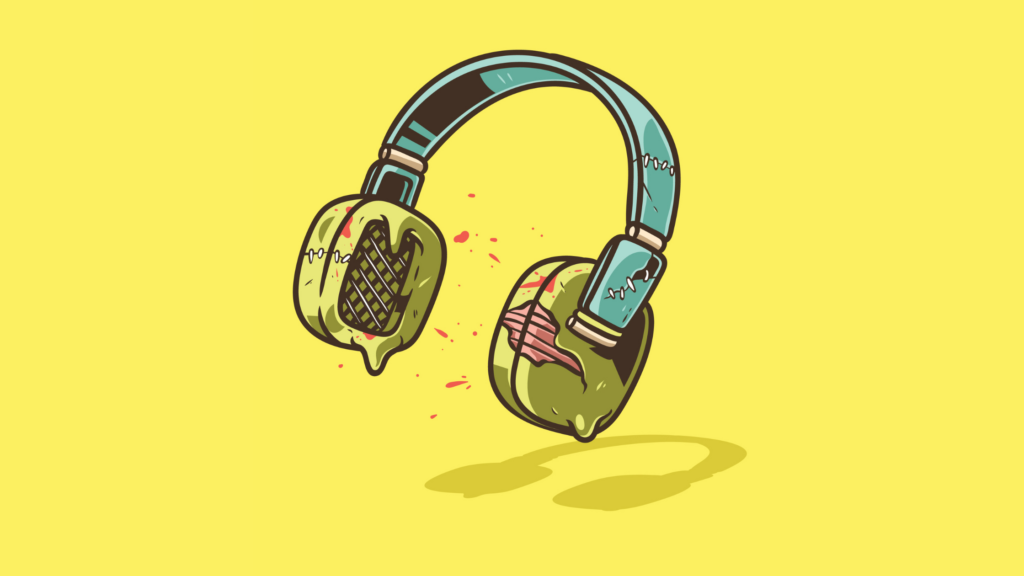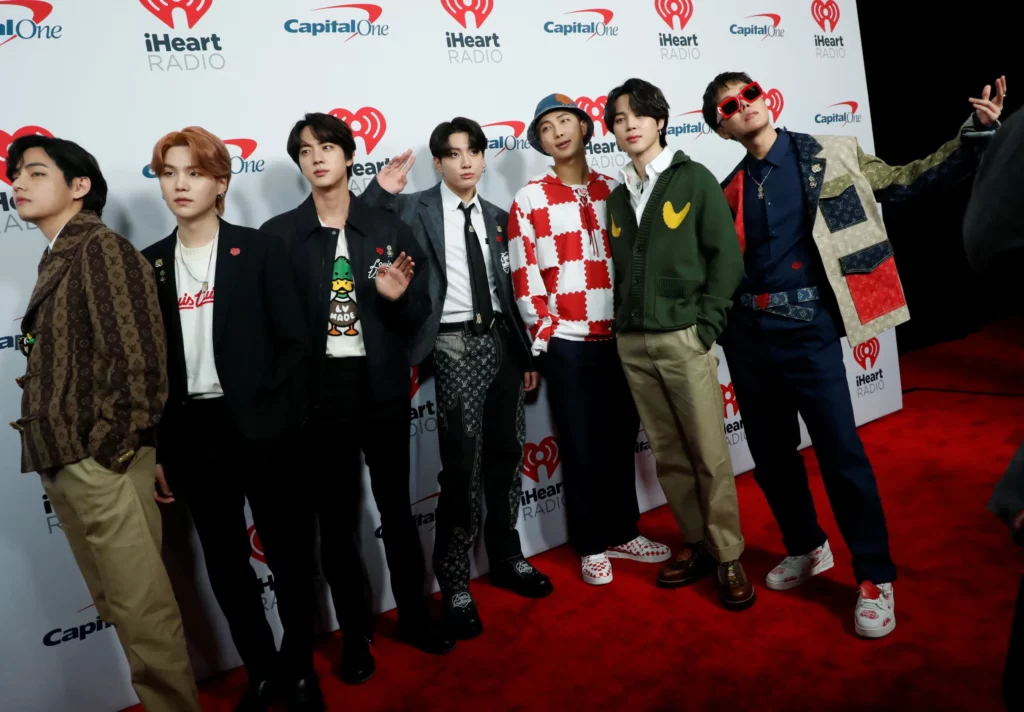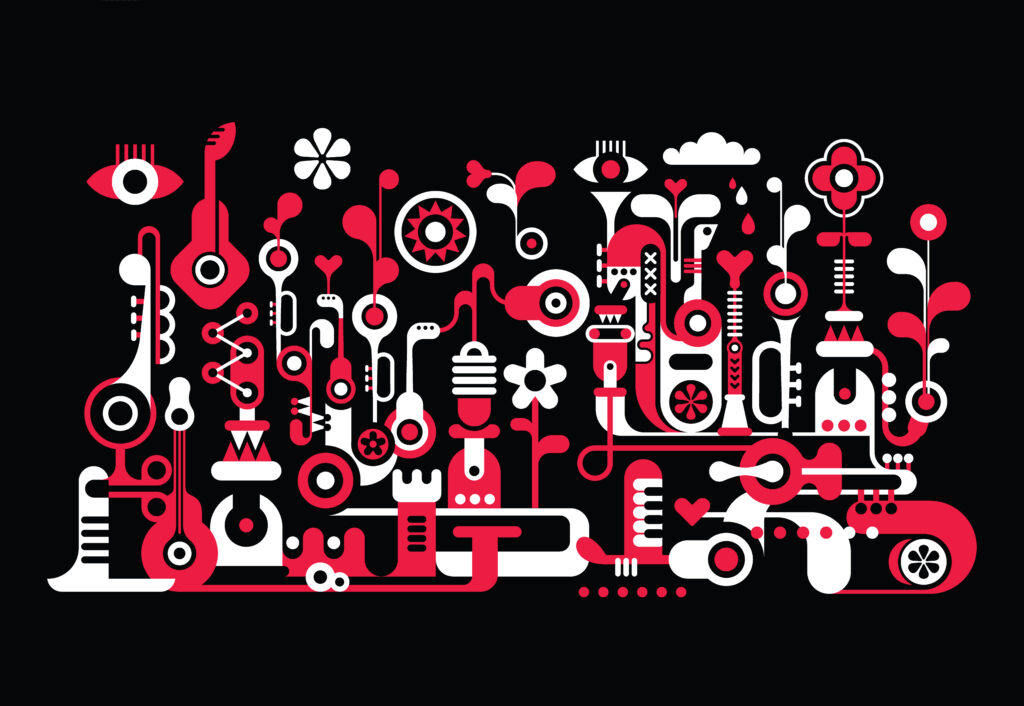The digital world has opened up endless possibilities for independent musicians. Today, anyone with a computer and an internet connection can upload their songs to digital music platforms and share it with the world. However, with so many options available, choosing the right platform can be a challenge. In this article, we will analyze in detail the main platforms for uploading music, highlighting their advantages and disadvantages to help you make the best decision for your musical career.
Main digital music platforms for uploading music:
Spotify:
- Advantages:
- Global reach: Spotify has over 400 million monthly active users worldwide, which means your music has the potential to reach a huge audience.
- Recognition: Being included in Spotify playlists can be a great boost for your musical career, as these playlists are followed by millions of users.
- Revenue: Spotify allows you to generate revenue from streams, although the percentage of royalties paid to artists is relatively low.
- Disadvantages:
- Competition: Competition on Spotify is very high, with millions of artists competing for the attention of users.
- Discovery: It can be difficult for your music to be discovered by users, especially if you are a new or unknown artist.
- Payment: Spotify’s payment system has been criticized by some artists for being opaque and complex.
SoundCloud:
- Advantages:
- Free: You can upload your music to SoundCloud for free, making it an ideal option for artists who are just starting out.
- Community: SoundCloud has a vibrant community of musicians and listeners, making it easy to connect with other artists and receive feedback on your music.
- Promotion tools: SoundCloud offers tools to promote your music, such as the ability to share your songs on social media and create playlists.
- Disadvantages:
- Monetization: Monetization options on SoundCloud are limited, especially for artists who do not have a large number of followers.
- Audio quality: The audio quality on SoundCloud can vary considerably, as there is no quality control as strict as on other music platforms.
- Discovery: As with Spotify, it can be difficult for your music to be discovered by users if you are a new artist.
Bandcamp:
- Advantages:
- Direct sales: Bandcamp allows you to sell your music directly to your fans, which allows you to earn a higher percentage of the revenue.
- Flexibility: Bandcamp offers great flexibility in terms of pricing and formats, allowing you to sell your music in different formats such as MP3, WAV, FLAC and even vinyl.
- Fan relationship: Bandcamp allows you to build a direct relationship with your fans, allowing you to offer them exclusive content, discounts and other benefits.
- Disadvantages:
- Audience: Bandcamp does not have the same audience as other platforms like Spotify or Apple Music.
- Promotion: Promotion options on Bandcamp are limited, so it is important to have your own strategies to promote your music.
Other platforms:
- Apple Music: Similar to Spotify, with a large global audience and a similar royalty system.
- YouTube Music: Offers the possibility to upload your music along with music videos.
- DistroKid: A digital distribution service that allows you to upload your songs to all major music platforms from one place.
What do I need to upload a song?
The requirements for uploading a song to a digital music platform vary slightly from platform to platform. In general, you will need:
- An audio file in MP3, WAV or FLAC format.
- A cover art for your song.
- Information about the song, such as title, artist, genre and year of release.
Tips for promoting your music:
- Create a website or blog for your music.
- Use social media to connect with your fans.
- Participate in music events and festivals.
- Collaborate with other artists.
Conclusion:
Choosing the right platform to upload your music is an important decision that will depend on your musical goals and target audience. There are no perfect music platforms. The best thing to do is to analyze the different options and choose the one that best suits your needs.
Examples:
- If you are a new artist just starting out, SoundCloud or Bandcamp may be good options for getting yourself known and connecting with other artists.
- If you want to reach a global audience and generate revenue from your music, Spotify or Apple Music are options to consider.
- If you want to sell your music directly to your fans and build a direct relationship with them, Bandcamp is an excellent option.
Remember that the most important thing is to create quality music and work hard to promote it. With effort and dedication, you can achieve your musical goals.



